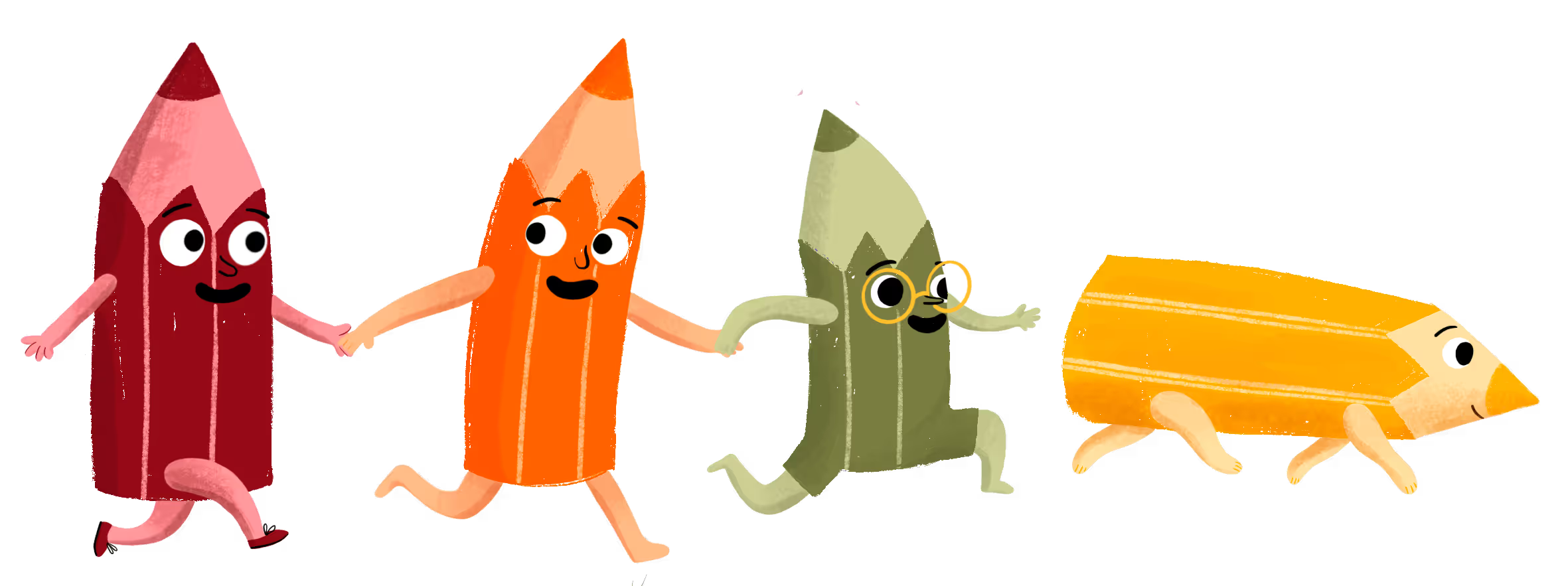The Magical Journey of Tales Toolkit: Transforming Early Childhood Education Through Storytelling
Kate’s backstory - A teacher with the understanding and a vision for something better
Once upon a time, in the vibrant world of early years education, there was a passionate teacher named Kate. Kate loved the magical realm of play and quickly found her calling in early childhood education.
Over the years, Kate worked in senior leadership teams and as a consultant and experienced what teaching was like in some of the most disadvantaged schools in the UK. There were many children with low levels of language, high numbers of children eligible for Free Schools Meals (FSM), Pupil Premium (PP) funding and lots of children with SEND or learning English as an additional language (EAL). Kate truly learned the challenges faced by teachers in the early years. And we haven’t even mentioned all the pressure felt from above; budget restrictions, changes to policies and the EYFS curriculum, alongside planning, reports, parent meetings, shall we go on? These are just some of the factors making the work of being an early years practitioner complicated and difficult.
Kate saw all this; but she wasn’t disheartened.
She worked tirelessly to create an environment that would give all the children opportunities to thrive while not forgetting the plight of the teachers in her team. And that was how Tales Toolkit first started to take shape…
The Birth of Tales Toolkit: A Revolutionary New Perspective on Ancient Wisdom
One of Kate’s favourite activities to do with the children was storytelling. Not just sitting on the mat and reading a book, but creating a story together. Those special moments when planning went out of the window and Kate and the children created together. Stories about giants, talking rabbits, magic flying shoes. Tales that took them to places only limited by their imagination. In those moments Kate started to see the full potential, the power of storytelling.
Not only was it a joy, it was a great way to encourage communication, confidence and creativity.
Kate realised that the children she was teaching had a very different upbringing to her own which has been filled with storytelling, creativity, imagination and play. And she started to realise just how important it was to give magic a place in her classroom.
So she made storytelling a big part of her teaching and Tales Toolkit was born.
She needed a way to impact children with vastly different needs, abilities, and cultural backgrounds. It needed to be intuitive, adaptable, play based, and with overworked teachers, it had to be light on planning.
So, with the words ‘Character,’ ‘Setting,’ ‘Problem’ and ‘Solution’ written on pillow cases she began to develop something alongside the best possible co-creators, children.
Kate created a space where children’s ideas were valued and they had fun together. Large pieces of fabric unravelled to create settings for space, Glitter Shop, Poo Poo Palace … and the props could be anything from a conker to a picture of the teacher.
Kate was determined to make storytelling inclusive, to engage all children irrespective of development stage, language or background. With many children entering the setting with SEND, they were often already familiar with using pictorial aids. like PECS. So, she took the 4 parts of her story structure and gave each a symbol, making sure they were as simple as possible.
Stories were child-led. Kate gave the children control over the stories so they could be tailored to their own interests and the things familiar to them. No child was left behind, every story was unique.

With this easy structure in place, all the children could access storytelling and experience the benefits.
“For children with SEND participating in imaginative activities is very difficult. But the TTK structure means they can adapt their imagination.”
Ceri Ann, SENDCo
Whenever it was story time, the children were brimming with excitement. Tales Toolkit offered a place where anything was possible and magic, silliness and laughter were a staple of every session.They loved the freedom to be creative and share their ideas, knowing that there were no wrong answers. Their confidence grew, and soon they were not just telling stories but also solving problems independently, thanks to the conflict resolution modelled by the story structure (problem is always followed by solution in a Tales Toolkit story).
"Staff know exactly when and how to extend children's language. The school's approach to teaching storytelling is a particular strength. Whatever their age or stage, children build their language very well. Children consider characters, problems and solutions in their stories. Staff are skilled at transferring this approach to other times of the day. For example, when a group of children wanted to use the same set of toys, staff helped them to find a solution. This enabled children to sort out a problem without any fuss."
Ofsted Report, Low Hall Nursery
The clear, easily remembered structure combined with action and props was embedded in children's minds and gave them pegs to hang stories on using whatever they could find.
This meant they wanted to take stories everywhere, inside and out so Kate created kit to help. They also wanted to draw their stories so Kate made writing and early mark making resources that enabled children to see themselves as authors with a story to tell. Inspired by the success of Tales Toolkit , Kate decided to create her own resources and share her innovative ideas with other schools.


Tales Toolkit Takes Flight - From Classroom Resources to Full Training Package
Kate spent six years refining Tales Toolkit storytelling. She observed that storytelling significantly impacted children's development—not just in terms of language and communication, helping them to listen, build vocabulary and form sentences but also enabling social and emotional growth too.
Kate was not alone in seeing the potential for her resources, which now bore the name Tales Toolkit after officially being registered with Companies House. Apart from all the teachers singing her praises, there was also official recognition coming her way. In 2014, Kate won the prestigious Teach First Innovation Award. This recognition validated her efforts and provided the support she needed to take her idea further.
The Teach First award allowed Kate to reflect deeply on why her approach was so impactful. She concluded that the magic lay in the combination of storytelling and so-called “quality interactions”, which had the power to enhance nearly every aspect of a child's development. Some of the best educators in early years emphasise the importance of quality interactions (also known as sustained shared thinking) in their teaching. What do we mean by Quality Interactions and Sustained Shared Thinking? More on these terms and the science behind them coming up.
With Teach First's support, Kate began working full-time on Tales Toolkit in 2015. She dedicated herself to researching, writing, creating, and filming training materials. Kate wanted to make sure the training was fun, and that teachers using Tales Toolkit weren’t over-burdened with planning. So she made her approach incredibly easy to implement and embed across the early years provision. Research is a key part of the Tales Toolkit journey and right from the start Kate initiated trials in schools. She was excited when the feedback was overwhelmingly positive. Teachers and students alike embraced Tales Toolkit enthusiastically.
“The training brings a wealth of sound practice in an accessible and supportive format which you can watch again and again and we have!”
Alex, Harry Roberts School
“From the start, the online training and materials have really empowered and boosted confidence in all the staff.”
Aminah, Hartland International School
Tales Toolkit was piloted in a variety of settings, from the most disadvantaged to one of the leading research nurseries in the country - Sheringham Nursery and Children’s Centre. Former headteacher, Dr Julian Grenier, is a long-standing advocate for Tales Toolkit. Webinars featuring Julian as our guest can still be found in the resource library in the members area.
Backed by the Science of Play and Quality Interactions in Early Childhood Education
Right from from start of the journey, Kate had core beliefs that fed into everything that came after. `Her strong belief in the power of play, storytelling, magic and the potential of a child’s imagination. All things many teachers hold dear. But it was through the Tales Toolkit journey Kate was lucky enough to have time to look at the research behind why these beliefs are so vital.
In the ever-evolving field of early childhood education, research continually highlights the transformative power of play and quality interactions.
As Greg Bottrill would say, being a Play Person is the best thing you can do for yourself and for children.
Studies show that when children engage in playful activities, their brains light up with creativity and curiosity. These moments of play are not just fun; they are fundamental to cognitive, social, and emotional development. Quality interactions between children and educators further enhance this growth. Through meaningful conversations and guided explorations, children develop critical language skills, learn to navigate social relationships, and build emotional resilience. The combination of play and quality interactions creates a rich, nurturing environment where children can thrive, setting the foundation for lifelong learning and success
What do we mean by Quality Interactions?
‘Quality Interactions’ is just a less fancy way of saying ‘Sustained Shared Thinking’. It’s one and the same. But often we found early years practitioners found the term Sustained shared thinking to be a scary one and something they thought to be far above the everyday interactions they had with their children. So, what does it mean? The official definition is:
“[A]n episode in which two or more individuals ‘work together’ in an intellectual way to solve a problem, clarify a concept, evaluate activities, extend a narrative, etc. Both parties must contribute to the thinking and it must develop and extend.”
(Sylva et al, 2004: 36)
Really it’s the interactions you have with children where you’re both contributing, learning together, problem solving together, finding something out together. There’s a back and forth, serve and return in terms of the child and adult contributing to the conversation. This can include body language, movement, gesture too, it’s not just about words.
It’s that magical moment of connection where you really listen to a child and extend on what they’re thinking.
At the heart of Tales Toolkit lies a deep commitment to fostering connections. Research shows that when children are secure and feel a strong connection with a significant adult they have more advantageous outcomes across areas of development compared to those who lack this important bond (Sroufe, 2005). From birth, children are primed to form social bonds with those around them - through smiling, gesture, babbling and the development of joint attention and early verbalisations - infants who receive repeated, contingent and warm responses from the caregiver are more likely to have a secure attachment style, which forms the basis of future relationships, emotion regulation and self-identity development (Girme et al., 2021; Goodvin et al., 2008). This is true not only in the home, but also in early childhood care and education and throughout the school career (Spilt & Koomen, 2022).
These secure and developmentally-supportive relationships are developed through repeated positive and caring interactions. Where adults show themselves to be consistent and supportive, children build trusting relationships.
Tales Toolkit gives adults a space where they can be more available to children, a space where both children and adults can work together to listen and be sensitive, experience fun and joy, and be creative (Gregory et al., 2020). Tales Toolkit supports quality interactions like this in the early years environment. Drawing from theoretical work on the importance of sustained shared attention for the facilitation of quality interaction (Howard et al., 2018; Siraj et al., 2015), it provides a framework for those warm and joyful explorations to take place.
“Tales Toolkit increased interactions between staff and children - using open ended questions, giving children time to express ideas.”
Teacher, Oxfordshire Setting
Research and Recognition
As Tales Toolkit gained traction, it opened for public purchase in 2016. The demand for this innovative educational resource grew rapidly, and Kate's dedication began to pay off with numerous accolades and awards.

One of the most significant endorsements came from Dr. Alice Jones Bartoli, Director of School and Family Studies at Goldsmiths University of London. Dr. Jones Bartoli recognized the potential of Tales Toolkit and collaborated with Kate to conduct research on its effectiveness. We didn’t pay them to say nice things about us, either! We didn’t fund this research project or sponsor the university to carry it out; Dr Jones Bartoli just believed in Tales Toolkit so much that she secured support for the whole project with backing directly from the University of Goldsmiths.
In 2018, they published “Using storytelling to promote literacy, communication and socio-emotional development in the early years” (download the pdf). This research was a game-changer, providing empirical evidence of the profound impact of Tales Toolkit on children's learning.
Huge increases in language and communication, literacy, creativity and PSED were shown in contrast to control settings that didn’t have Tales Toolkit. One of the most remarkable results was the improvement in boys’ writing.

It is well documented that boys take longer to start writing than girls. While the exact reasons for this are unknown, it is clear that there is something missing when it comes to getting boys excited to write. However, in the study conducted by Goldsmiths in 2018, when it came to writing, settings using Tales Toolkit saw boys close the gap with girls by 62%. Meanwhile, children in settings that weren’t using Tales Toolkit, the gap between boys and girls widened by 22%. Now that is statistically significant, don’t you think?!
We can only speculate on the precise reasons as to why we saw this difference, but it is generally believed that by giving all the children (regardless of gender) independence to create stories about things that interest them, they are more naturally inclined to want to write their stories.
Thanks to the training that supported teachers while using the resources, Tales Toolkit settings experienced the maximum impact from quality interactions while enjoying stories together.
The Power of Community and Collaboration
The success of Tales Toolkit attracted more and more educators. By 2020, it was clear that Kate couldn't manage the growing interest alone. She started building a team of dedicated professionals who shared her vision. These new team members brought fresh ideas and energy, helping to expand Tales Toolkit's reach to hundreds of schools and nurseries worldwide.
The growth of Tales Toolkit was also supported by some significant names in the fields of play and education. Their collaboration helped Tales Toolkit reach even more children, further solidifying its reputation as a powerful tool for early childhood education.
Previous partners on funding/outreach projects have included:
- The OVO Foundation
- The Mercers Company
- Goldsmiths University
- The Education Endowment Foundation (in collaboration with the Department for Education and the DfE Early Years Stronger Practice Hubs)
- ChangeX and the Lego Foundation
- hundrEd
We’ve been supported by many of the biggest names in Early Years. People like Alistair Bryce-Clegg (ABC Does), Greg Bottrill, Dr Suzanne Zeedyk, Laura Henry and Dr Julian Grenier (to name a few). Their support has been immeasurable; from contributing to our training material, recording webinars, advocating for us at conferences and getting involved in our research trials, we can’t thank them enough. We’re honoured to have webinars with these inspirational educators and psychologists in our webinar library. The entire back catalogue is available to all our settings with active memberships and selected webinars are available for free!
County and city council early years advisors and borough leads have put their faith in us in a huge way too. We’ve seen county-wide rollouts in the UK thanks to council funding in Oxfordshire, Stockport and St Helens.
We are eternally grateful to the initiatives that have helped us reach more settings, bringing the joy and power of storytelling to many children, not only in the UK but around the world.
Celebrating Teachers and Looking Forward
None of this incredible journey would have been possible without the tireless efforts of the teachers who embraced Tales Toolkit. Their dedication, passion, and commitment to the children they teach brought Kate's vision to life in classrooms in 13 countries (and counting). Kate and her team are eternally grateful to these educators for their unwavering support.
As Tales Toolkit continues to grow, Kate remains as passionate and driven as ever. She is constantly brimming with new ideas and is committed to exploring the endless possibilities that storytelling offers. Kate firmly believes in the power of stories to change children's lives, and every day, she shares this belief with more people.
Join the Adventure
Today, Tales Toolkit stands as a testament to the incredible potential of playful, interactive storytelling and the magic of a child’s imagination. It has transformed the educational landscape for young children, providing them with the tools they need to thrive both academically and emotionally.
As we look to the future, we are excited about the next chapter in the Tales Toolkit story. Kate and her team are on a marvellous adventure, and they invite you to join them. Together, we can continue to make a difference in the lives of children everywhere.
Would you like to come and play?






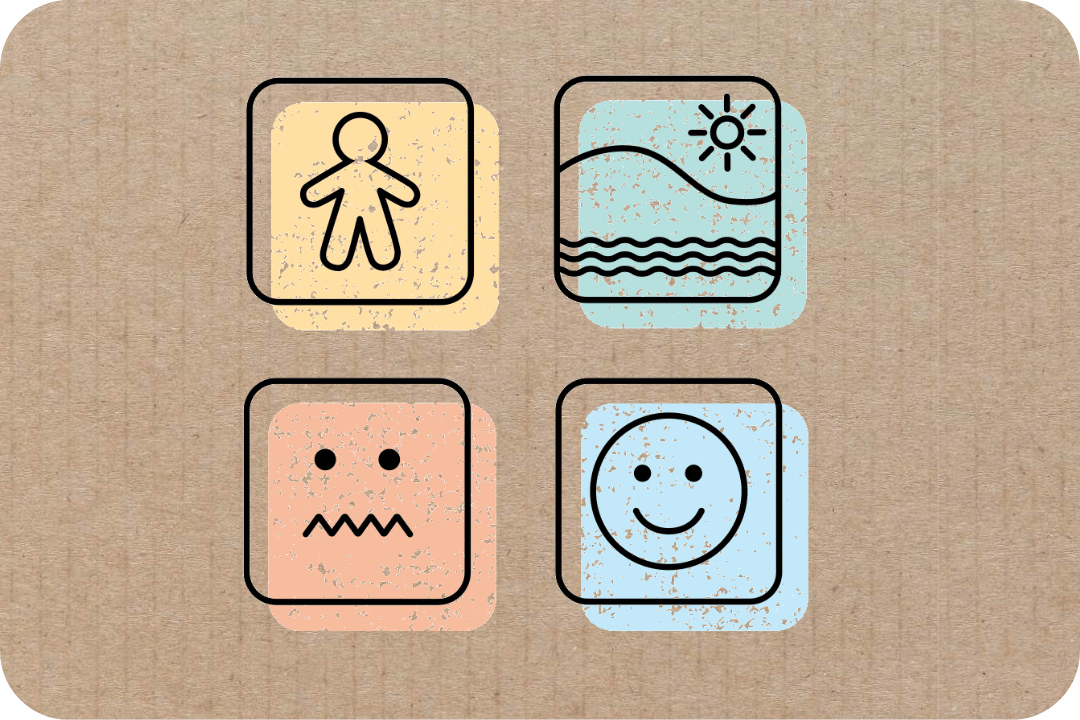
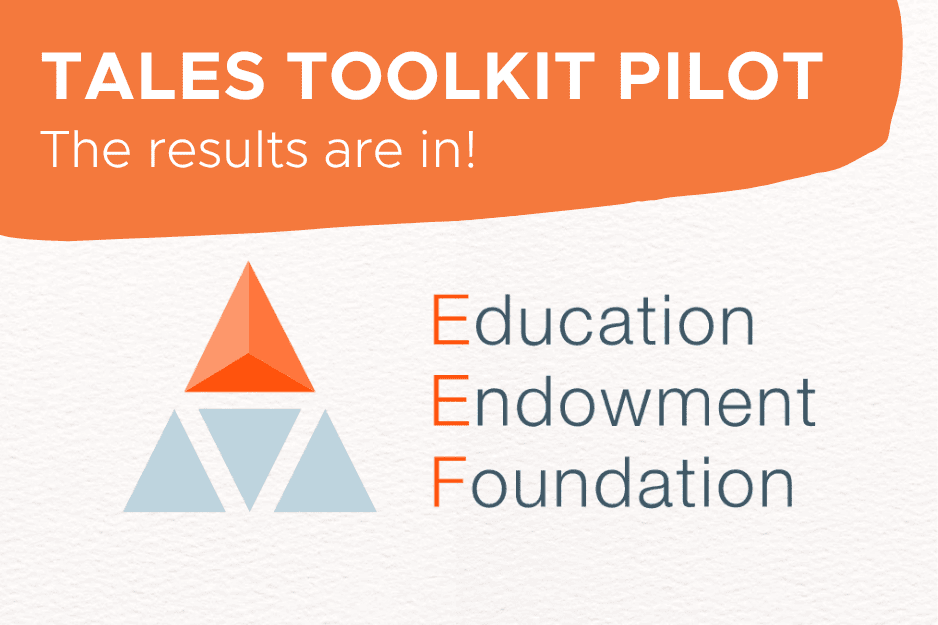


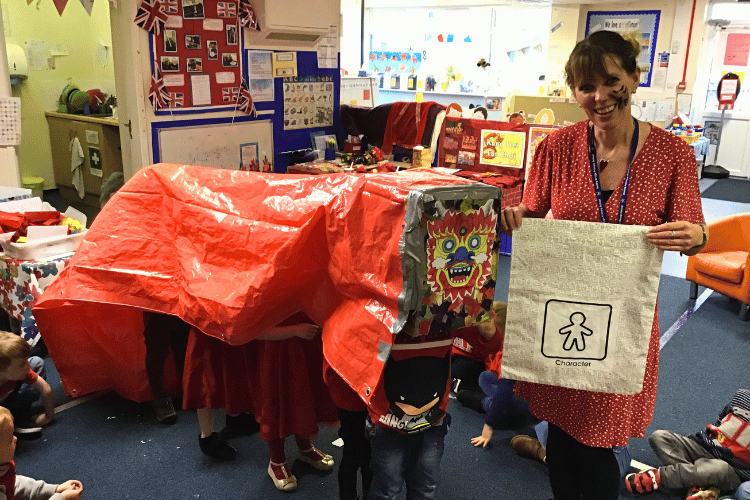

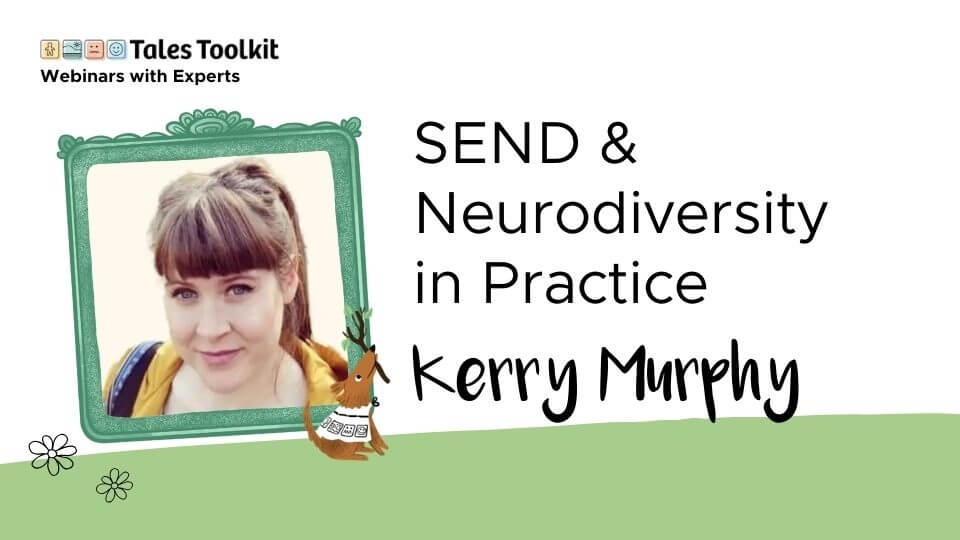
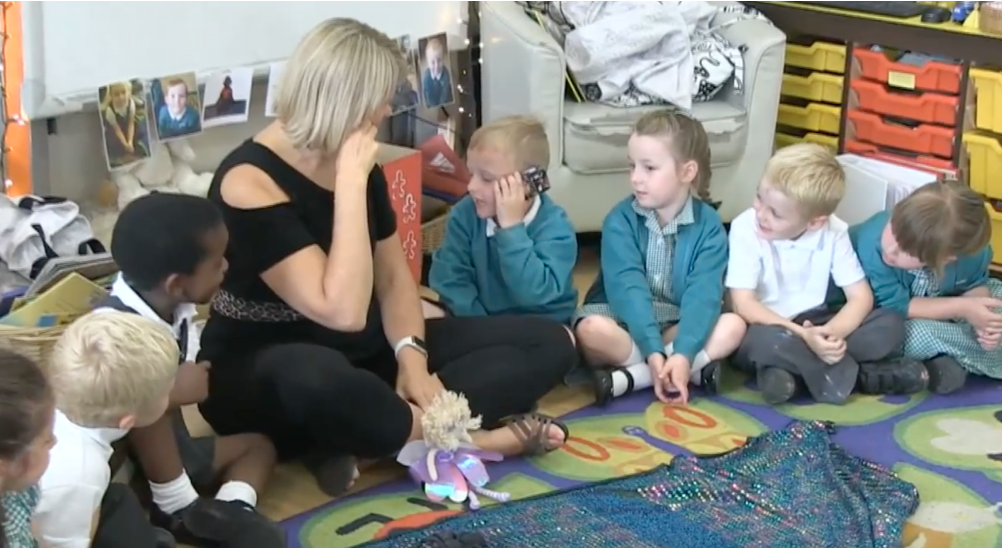
.png)
.jpg)













%20(1).jpg)
%20(1).jpg)
.jpg)

.jpg)






























.jpg)









